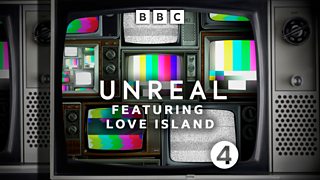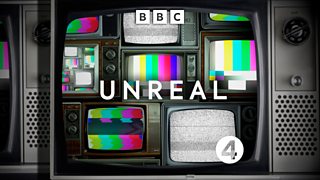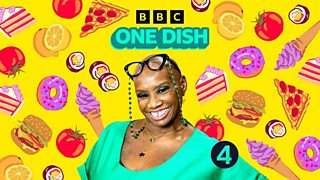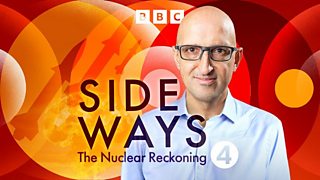Love Island: Is It Too Toxic?
While viewers avidly wait to see whether Ekin-Su and Davide take this year’s Love Island crown, Pandora Sykes and Sirin Kale, hosts of Unreal: A Critical History of Reality TV, deep dive into the success, tragedies and controversies of the show in a bumper two-part special.
Is Love Island mere, meaningless entertainment? Or do the ethical questions it raises put its entire existence into question?

It started as a revamped version of a failed dating show.
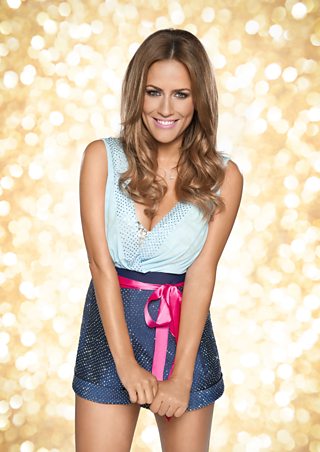
Celebrity Love Island first aired in 2005. It was far from a success and quickly cancelled. Then, 10 years later, ITV execs dusted off the format and relaunched it without the celebrities, using young, attractive men and women looking for love plus a cash prize for the victors. At first, the new Love Island failed to impress. But between the first and second series, viewing figures skyrocketed.
In Unreal, Sykes and Kale chart the phenomenal rise of this reality dating show, which has led to marriages, babies and a legion of successful social influencers. But there have also been controversies that have continually dogged Love Island. Questions have arisen about how the show tackles race, social media abuse, body image and duty of care for contestants. There have even been tragic deaths connected to the programme. As Pandora Sykes states: “The show is sexy, silly, controversial and, according to some, represents the moral decline of the western world”.
Concerns About Contestants
Four people connected to the show, contestant Sophie Gradon, her boyfriend Aaron Armstrong, Mike Thalassitis and presenter Caroline Flack, have all taken their own lives in recent years. It goes without saying that suicide and mental health are hugely complex, individual issues where a single factor is never the sole contributing cause. But these tragedies shone a spotlight on the show. As Pandora remarks on Unreal: “It was generally a fun, light-hearted offering. But now it felt much darker.”
Producers have reacted by increasing the mental health care provision for contestants before during and after the show. But as writer and Love Island fan Paula Akpan tells Unreal: “I think the welfare packages are like putting a plaster on a massive, gaping wound. When you tune into a show like Love Island, you’re looking for explosions, you’re looking for confrontation, you’re looking for betrayal. All of those things come at a very human cost.”
Parliamentary enquiries have looked into Love Island and the media regulator Ofcom warned ITV it could lose its broadcasting licence if the show failed to look after the well-being of future contestants. Quite remarkable for an entertainment programme.
But can there ever be enough care for the show’s contestants? And if not, should there be a show at all?
Concerns About Race
One hugely worrying aspect of the show is the treatment of non-white contestants. As Pandora states on the podcast: “Love Island is a dating show where people pick each other based on sexual preference. But can producers control racial bias in the way that contestants pick?” Throughout the show’s history, black and dark-skinned women have fared far worse than white counterparts. No dark skinned black woman has ever won the show or even made it into the final.
Rachel Finney was the show’s first black ‘bombshell’, a contestant who enters the programme later in the series and, due to their irresistible good looks, causes disruption. Rachel says she knew the fate of other black contestants but: “Naively I thought, they’re not me and I’m not them.” She was soon rejected by the men on the show. “I went from feeling on top of the world to so out of place. I had served my purpose… It was a tick box thing.”
As Paula Akpan notes: “I don’t want black women to be brought onto the show to the detriment of themselves. Black women are in enough pain.”
Is Love Island the problem or is the show merely a reflection of problems in the wider world? As another former black contestant, Yewande Biala has said, “It’s not a villa thing, it’s a society thing.”
But is Love Island exacerbating a societal problem? If it can’t change attitudes towards black women on the show, would it be in everyone’s best interests for it to be shelved completely?
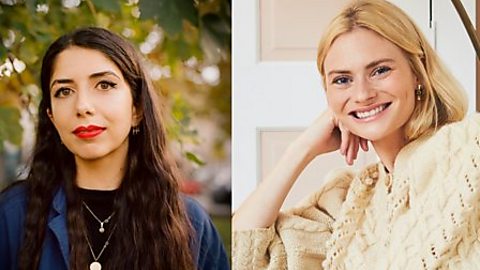
"It felt much darker"
Pandora Sykes and Sirin Kale discuss the impact the suicides have had on Love Island.
Concerns About Confrontainment
Love Island is driven by drama. And most of that drama is engineered by conflict. Some of this conflict arises naturally, but it can be argued that some is manufactured by producers and editing. Known as ‘confrontainment’, it’s narrative driven by dispute.
I wonder if reality TV is a step behind what we actually want to see as viewers.Elizabeth Day
As Love Island contestant Jake Cornish tells Unreal: “You’re not going to want to watch 14 people in a lovely villa just sunbathe.” Something needs to happen to entice viewers to watch and to get them posting on social media. But Jake discovered that not every social media comment is positive. As he admits: “I knew what I was getting myself in for. But not to the point where I was going to come out with a load of hate when I don’t think I’d done anything wrong.”
Like many reality television contestants, Jake felt he’d been edited unjustly. Love Island producer Richard Cowles tells Unreal: “There’s an incredible amount of effort to make sure that all of these things are balanced and we’re treating people fairly.”
Without drama and conflict, there wouldn’t be a show. But where do you draw the line? As Paula Akban says: “The reason so many of us have tuned in season after season is for conflict. I don’t think it’s possible to straddle an ethical position alongside making an engaging and drama filled show.”
Another contestant who was vilified on social media and in the press was Megan Barton-Hanson. She tells Unreal: “It was hideous. To see everyone’s opinion and even big newspapers ridiculing me for how I looked. That was really hard to deal with mentally.”
The show can’t exist without confrontation, but that confrontation can also drive the abuse that contestants face. Can the show balance this drama with contestants’ welfare?
Concerns About the Future
As Unreal co-host Sirin Kale asks: “Is it finally time to move on from reality TV?”
Do we even know what reality TV is anymore? There are currently far more cosy shows such as Bake Off, Sewing Bee and The Voice than conflict driven shows like Big Brother and Love Island. A verbally abusive fight between contestants on the 2021 version of Love Island led to the largest number of complaints ever received for the show. Does this illustrate that tastes are changing?
As author Elizabeth Day tells Unreal: “I wonder if reality TV is a step behind what we actually want to see as viewers. We want to embrace a gentler age, particularly after everything we’ve been through in the last two years.”
But is Love Island now too big to fail? Winning contestants can have multi-million-pound influencer careers. The show is still a phenomenon on social media, luring in a younger audience that is beloved of advertisers. Even after controversy after controversy, and even tragic deaths, people are still eager to watch. But could the tide be turning?
As Sirin states on Unreal: “Do modern, socially progressive audiences not enjoy people being manipulated, yelled at or crushed for our viewing pleasure as much as we used to? Have we evolved?”
Would the world be a better place without Love Island? Or is Love Island the entertainment that we desire and deserve?
More from Βι¶ΉΤΌΕΔ Radio 4
-
![]()
Unreal: A Critical History of Reality TV
Journalists Pandora Sykes and Sirin Kale explore how reality TV shapes our lives and the ethical questions raised by the format, featuring iconic shows and stars.
-
![]()
A Thorough Examination with Drs Chris and Xand
Chris van Tulleken is on a mission to get his twin Xand to quit ultra-processed food.
-
![]()
One Dish
What’s the one dish that holds a special place in your heart? Andi Oliver and her special guests are on a quest to discover the stories and science behind our favourite foods.
-
![]()
Sideways: The Nuclear Reckoning
In this mini series, Matthew Syed argues that many of us have slipped into a kind of comfortable amnesia about the presence of these weapons.
